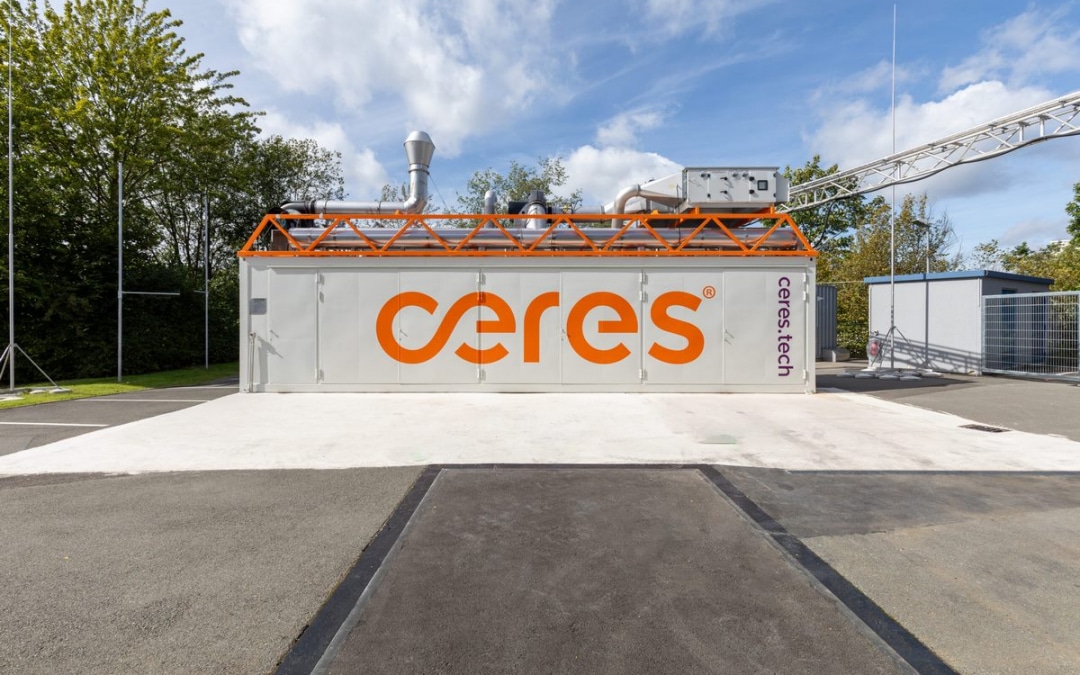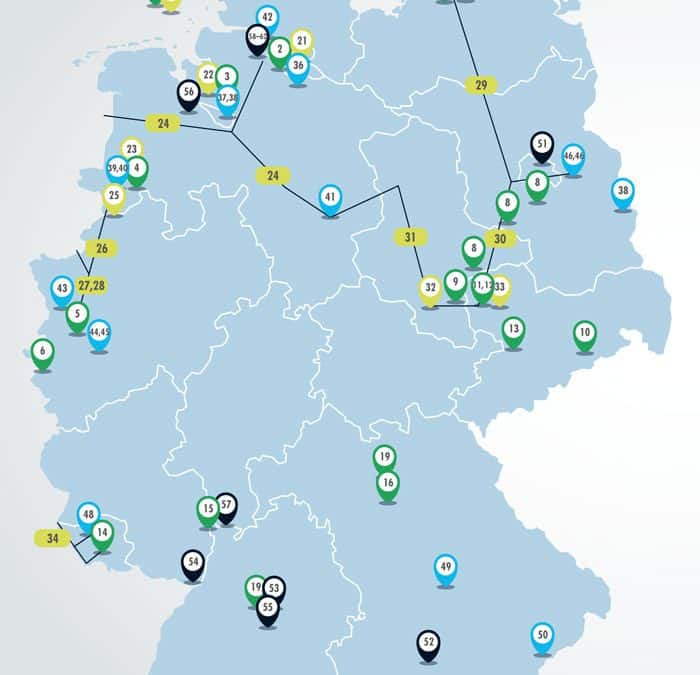
Ceres Power with strong partners
The main shareholders Bosch and Weichai are already counting on the English Ceres Power and their high-temperature fuel cell systems or their patents and know-how. With the South Korean Doosan Fuel Cell there is a license agreement and the planning of a joint FC production. Now, US company Delta Electronics is joining as a partner, which boasts a turnover of around 23 billion USD (over 80,000 employees) and recently closed a license agreement on the production of FC stacks for hydrogen production in the volume of 43 million GBP with Ceres Power, half of which will be counted towards the turnover for the current fiscal year. Delta will produce FC stacks on a license basis for various applications and markets at its 200 production sites worldwide. The company works with, among others, Microsoft and Tesla.
For us, it is interesting to see that Bloom Energy as well has bet very successfully on high-temperature fuel cells developed in-house (microgrids) and thus makes various energy sources such as natural gas, biogas and hydrogen usable. Bosch too addresses this market segment – among other things via a cooperation and license from Ceres.
The share price of Ceres, like all other listed FC companies, has suffered greatly in recent years, but seems to me to have reached a price level at which one should build up positions. The partnerships with large companies allow the expectation of sustainably high revenue from licenses and sales, without Ceres having to strongly invest in the build-up of production capacities. Conclusion: A good portfolio addition in the area of FC and H2 technology.
Disclaimer
Each investor must always be aware of their own risk when investing in shares and should consider a sensible risk diversification. The FC companies and shares mentioned here are small and mid cap, i.e. they are not standard stocks and their volatility is also much higher. This report is not meant to be viewed as purchase recommendations, and the author holds no liability for your actions. All information is based on publicly available sources and, as far as assessment is concerned, represents exclusively the personal opinion of the author, who focuses on medium- and long-term valuation and not on short-term profit. The author may be in possession of the shares presented here.
Author: Sven Jösting, written March 15th, 2024





